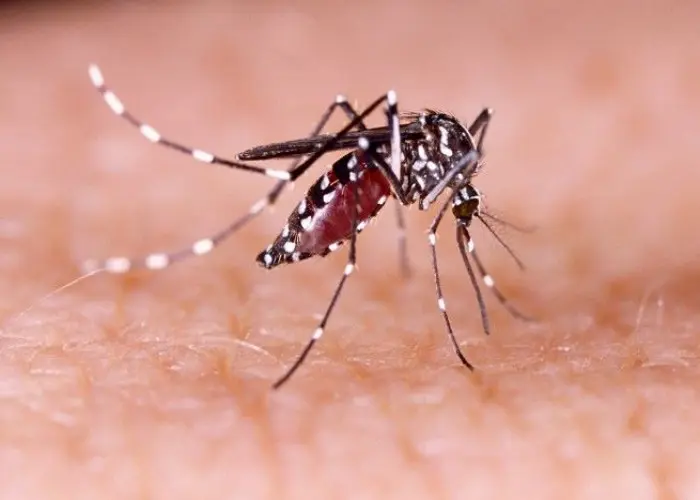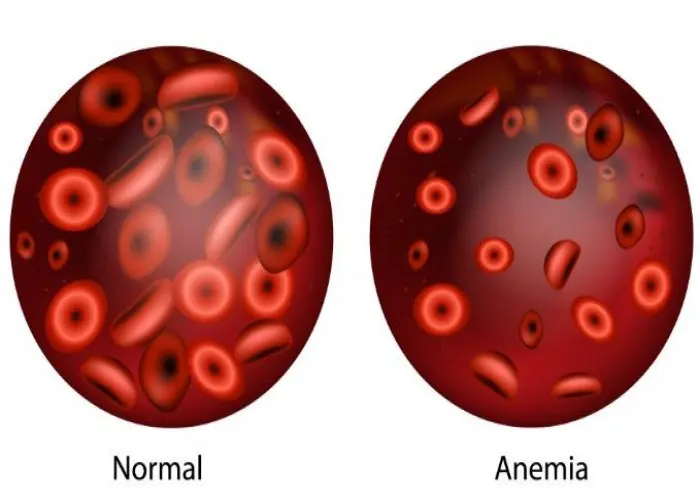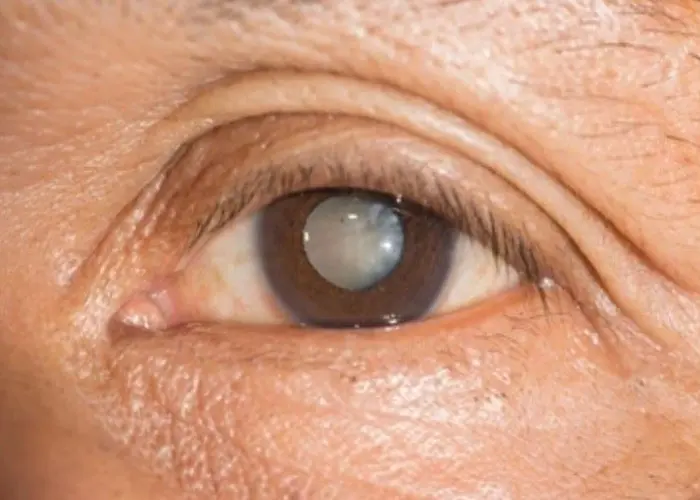 Welcome
Welcome
“May all be happy, may all be healed, may all be at peace and may no one ever suffer."
Dizziness

Dizziness is a feeling of lightheadedness, unsteadiness, or a sensation of spinning or movement, which can sometimes lead to the loss of balance or a fainting spell. Dizziness can be caused by a variety of factors, including:
- Inner ear problems: The inner ear is responsible for balance and can be affected by conditions such as vertigo, labyrinthitis, and Meniere's disease.
- Low blood pressure: When blood pressure drops suddenly, it can cause dizziness, especially when standing up quickly.
- Dehydration: When the body doesn't have enough fluids, it can cause dizziness and lightheadedness.
- Medications: Some medications, such as blood pressure medications, antidepressants, and antipsychotics, can cause dizziness as a side effect.
- Neurological conditions: Conditions such as Parkinson's disease, multiple sclerosis, and stroke can cause dizziness.
- Anxiety or panic attacks: Feeling anxious or having a panic attack can cause dizziness and lightheadedness.
If you experience dizziness, it is important to talk to your doctor, who can help determine the underlying cause and recommend appropriate treatment.
Research Papers
Disease Signs and Symptoms
- Dizziness (vertigo)
- Seizures
- Nausea or vomiting
- Slurred speech
- Confusion (Hallucinations)
- Irregular heartbeats (arrhythmia)
- Double vision (diplopia)
- Fainting (syncope)
- Weakness and numbness in legs
- Difficulty breathing (dyspnea)
- Chest pain
- Headaches
- Lose balance
- Dizziness, lightheadedness or faintness
- Facial numbness and very rarely, weakness or loss of muscle movement
Disease Causes
Dizziness
Dizziness has many possible causes, including inner ear disturbance, motion sickness and medication effects. Sometimes it's caused by an underlying health condition, such as poor circulation, infection or injury.
The way dizziness makes you feel and your triggers provide clues for possible causes. How long the dizziness lasts and any other symptoms you have also help pinpoint the cause.
Inner ear problems that cause dizziness (vertigo)
Your sense of balance depends on the combined input from the various parts of your sensory system. These include your:
- Eyes, which help you determine where your body is in space and how it's moving
- Sensory nerves, which send messages to your brain about body movements and positions
- Inner ear, which houses sensors that help detect gravity and back-and-forth motion
Vertigo is the false sense that your surroundings are spinning or moving. With inner ear disorders, your brain receives signals from the inner ear that aren't consistent with what your eyes and sensory nerves are receiving. Vertigo is what results as your brain works to sort out the confusion.
- Benign paroxysmal positional vertigo (BPPV). This condition causes an intense and brief but false sense that you're spinning or moving. These episodes are triggered by a rapid change in head movement, such as when you turn over in bed, sit up or experience a blow to the head. BPPV is the most common cause of vertigo.
- Infection. A viral infection of the vestibular nerve, called vestibular neuritis, can cause intense, constant vertigo. If you also have sudden hearing loss, you may have labyrinthitis.
- Meniere's disease. This disease involves the excessive buildup of fluid in your inner ear. It's characterized by sudden episodes of vertigo lasting as long as several hours. You may also experience fluctuating hearing loss, ringing in the ear and the feeling of a plugged ear.
- Migraine. People who experience migraines may have episodes of vertigo or other types of dizziness even when they're not having a severe headache. Such vertigo episodes can last minutes to hours and may be associated with headache as well as light and noise sensitivity.
Circulation problems that cause dizziness
You may feel dizzy, faint or off balance if your heart isn't pumping enough blood to your brain. Causes include:
- Drop in blood pressure. A dramatic drop in your systolic blood pressure — the higher number in your blood pressure reading — may result in brief lightheadedness or a feeling of faintness. It can occur after sitting up or standing too quickly. This condition is also called orthostatic hypotension.
- Poor blood circulation. Conditions such as cardiomyopathy, heart attack, heart arrhythmia and transient ischemic attack could cause dizziness. And a decrease in blood volume may cause inadequate blood flow to your brain or inner ear.
Other causes of dizziness
- Neurological conditions. Some neurological disorders — such as Parkinson's disease and multiple sclerosis — can lead to progressive loss of balance.
- Medications. Dizziness can be a side effect of certain medications — such as anti-seizure drugs, antidepressants, sedatives and tranquilizers. In particular, blood pressure lowering medications may cause faintness if they lower your blood pressure too much.
- Anxiety disorders. Certain anxiety disorders may cause lightheadedness or a woozy feeling often referred to as dizziness. These include panic attacks and a fear of leaving home or being in large, open spaces (agoraphobia).
- Low iron levels (anemia). Other signs and symptoms that may occur along with dizziness if you have anemia include fatigue, weakness and pale skin.
- Low blood sugar (hypoglycemia). This condition generally occurs in people with diabetes who use insulin. Dizziness (lightheadedness) may be accompanied by sweating and anxiety.
- Carbon monoxide poisoning. Symptoms of carbon monoxide poisoning are often described as "flu-like" and include headache, dizziness, weakness, upset stomach, vomiting, chest pain and confusion.
- Overheating and dehydration. If you're active in hot weather or if you don't drink enough fluids, you may feel dizzy from overheating (hyperthermia) or from dehydration. This is especially true if you take certain heart medications.
Disease Prevents
Disease Treatments
Dizziness often gets better without treatment. Within a couple of weeks, the body usually adapts to whatever is causing it.
If you seek treatment, your doctor will base it on the cause of your condition and your symptoms. It may include medications and balance exercises. Even if no cause is found or if your dizziness persists, prescription drugs and other treatments may make your symptoms more manageable.
Medications
- Water pills. If you have Meniere's disease, your doctor may prescribe a water pill (diuretic). This along with a low-salt diet may help reduce how often you have dizziness episodes.
- Medications that relieve dizziness and nausea. Your doctor may prescribe drugs to provide immediate relief from vertigo, dizziness and nausea, including prescription antihistamines and anticholinergics. Many of these drugs cause drowsiness.
- Anti-anxiety medications. Diazepam (Valium) and alprazolam (Xanax) are in a class of drugs called benzodiazepines, which may cause addiction. They may also cause drowsiness.
- Preventive medicine for migraine. Certain medicines may help prevent migraine attacks.
Therapy
- Head position maneuvers. A technique called canalith repositioning (or Epley maneuver) usually helps resolve benign paroxysmal positional vertigo more quickly than simply waiting for your dizziness to go away. It can be done by your doctor, an audiologist or a physical therapist and involves maneuvering the position of your head. It's usually effective after one or two treatments. Before undergoing this procedure, tell your care provider if you have a neck or back condition, a detached retina, or blood vessel problems.
- Balance therapy. You may learn specific exercises to help make your balance system less sensitive to motion. This physical therapy technique is called vestibular rehabilitation. It is used for people with dizziness from inner ear conditions such as vestibular neuritis.
- Psychotherapy. This type of therapy may help people whose dizziness is caused by anxiety disorders.
Surgical or other procedures
- Injections. Your doctor may inject your inner ear with the antibiotic gentamicin to disable the balance function. The unaffected ear takes over that function.
- Removal of the inner ear sense organ. A procedure that's rarely used is called labyrinthectomy. It disables the vestibular labyrinth in the affected ear. The other ear takes over the balance function. This technique may be used if you have serious hearing loss and your dizziness hasn't responded to other treatments.
Disease Diagnoses
Disease Allopathic Generics
Disease Ayurvedic Generics
Disease Homeopathic Generics
Disease yoga
Dizziness and Learn More about Diseases

Anterior prolapse (cystocele)

Dengue fever

Pediatric brain tumors

Sweating and body odor

Iron deficiency anemia

Head and neck cancers

Cataracts

Bedsores (pressure ulcers)
dizziness, মাথা ঘোরা
To be happy, beautiful, healthy, wealthy, hale and long-lived stay with DM3S.
